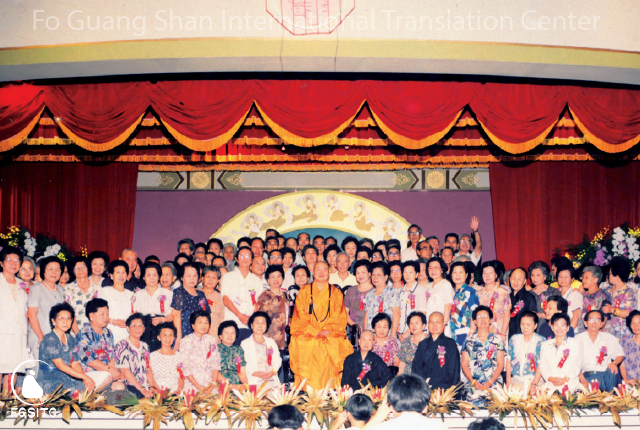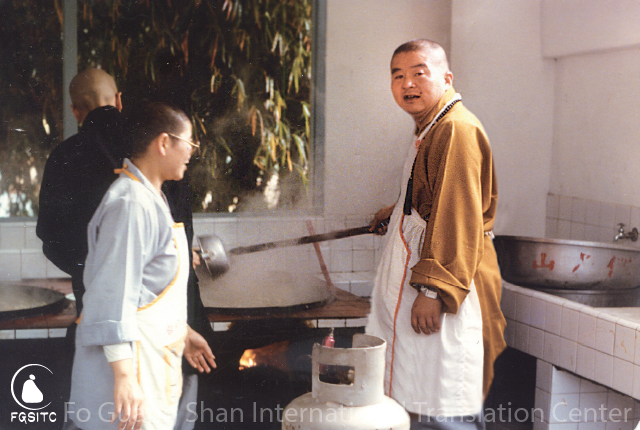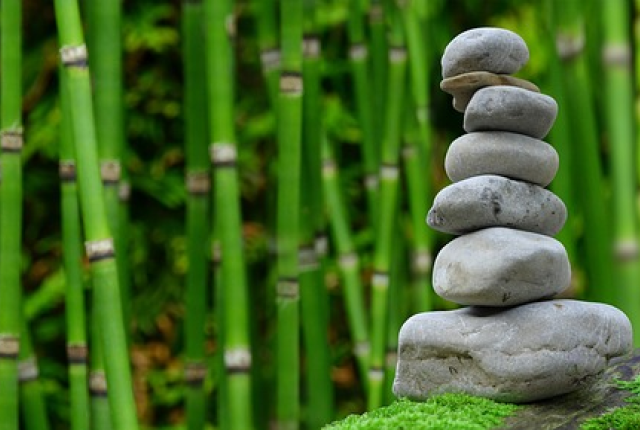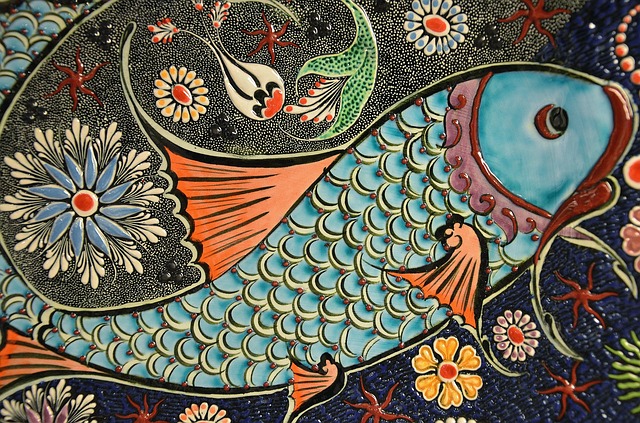
If we want to understand what the Dharma teaches us about building affinity and living in harmony with others, we must first understand the four great all-embracing virtues. The Buddha teaches that for us to realize our true capacity of connecting with and serving our fellow citizens, we have to first build a good rapport, and the four virtues are tools to that end.
The four virtues are giving, speaking with kind words, conducting oneself for the benefit of others, and adapting oneself to others.
Conducting Oneself for the Benefit of Others
The third virtue is about always doing your best to help others. According to the Mahayana teachings, the bodhisattva spirit teaches us to put others ahead of ourselves. The bodhisattva motto is one of “wishing all sentient beings to be free of suffering.” When Amitabha Buddha was still a bodhisattva, he pledged forty-eight great vows that served to guide all beings toward Buddhahood and rebirth in the World of Ultimate Bliss. Similarly, the compassion of Ksitigarbha Bodhisattva is summed up by his famous words, “As long as there is any being in hell, I vow not to become a Buddha.” Bodhisattvas demonstrate the pure, altruistic spirit of putting the welfare of others ahead of oneself.
If all beings practiced with this attitude, every relationship would be filled with goodness.
Every person would naturally and constantly strive to be of service to others. The world would be a different place if more people acted in this manner, always conducting themselves in the bodhisattva spirit.
When choosing how to conduct ourselves, there are four kinds of activities to consider, each with different levels of benefit and varying abilities to engender affinity.
The first kind of activity that benefits others but not ourselves is most altruistic, and most people choose to avoid it because they are not interested in helping others simply for the sake of providing a service; they expect to receive something in return. In the Jataka Tales, we read of various incidents of how the Buddha, in his previous lives, helped others despite the fact that his service sometimes caused him harm. Once, in trying to rescue a pigeon from the talons of a hungry hawk, he cut off a piece of his flesh to provide the preying bird with a meal. In another lifetime, he offered himself as food to a starving mother tigress so that she might have the strength to nurse her newborn cubs.
The second kind of activity that benefits ourselves but not others is most prevalent, for we habitually only think of ourselves, forgetting that serving others is the most noble and gracious way to behave. How many times have we cut in line because we are in a hurry? Even simple acts like making a lot of noise and disturbing the peace are also reflections of our subconscious tendency to neglect the happiness and well being of others. This kind of conduct only serves as a hindrance to building positive relationships.
The third kind of activity that benefits neither ourselves nor others is the most foolish, but many of us do this all the time without giving it much thought. Smoking is one of the most obvious examples of this kind of behavior. This type of conduct also includes violating the precepts, which instruct us to refrain from killing, stealing, lying, engaging in sexual misconduct, and becoming intoxicated. This kind of behavior is best avoided in our pursuit to conduct ourselves for the benefit of all beings.
The fourth kind of activity benefits others as well as ourselves. While this seems an obvious choice of action, many of us still choose to act otherwise. Let me share with you two stories of how we can benefit others as well as ourselves.
Once there was a very poor man who had nothing but a penny. He took his penny to the store to buy a piece of bread for his elderly mother. But when he arrived at the store, the storekeeper took one look at the penny and refused to sell him anything, for his penny was actually counterfeit. The poor man was heartbroken and at a loss for what to do. Just then, a soldier passed by and asked what was troubling him. After the soldier listened to the poor man’s dilemma, compassion arose in him, and he gave the man a real penny in exchange for the counterfeit one. He put the fake coin in his pocket and continued on his way to report to duty.
Later, while serving on the front lines, he was hit by a bullet. Stunned by the impact, the soldier fell to the ground, but soon realized that, miraculously, he had not been hurt. As he felt his body to make sure he was not dreaming, he pulled out the counterfeit coin from his pocket. The coin, with a huge indentation in the middle, had taken the bullet for him and saved his life. His compassionate act of saving the poor man also saved himself.
In striving to conduct ourselves for the benefit of others, instead of thinking, “What can others do for me?” we should think, “What can I do for others?”
If we can bear this idea in mind, we can participate in bringing harmony and unity to our relationships.
From Living Affinity, written by Venerable Master Hsing Yun.
Image from Pixabay.












